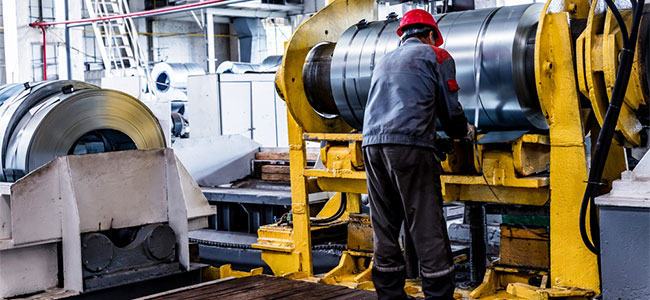
Alloy Manufacturer Faces OSHA Fines for Exposing Employees to Toxic Metal
Indiana-based IBC Advanced Alloys Inc. must respond to $69,251 in proposed penalties.
- By Robert Yaniz Jr.
- Oct 13, 2023
IBC Advanced Alloys Inc.—a Franklin, Indiana-based fabricator of advanced alloys—is under scrutiny following an inspection that revealed its negligence in protecting workers from toxic beryllium exposure. The company is now facing $69,251 in proposed penalties.
According to a release dated Oct. 11, a recent OSHA inspection discovered IBC Advanced Alloys, operating under IBC Engineered Materials Inc., subjected employees to airborne concentrations of the toxic metal. This exposure occurred during handheld grinding and parts fabrication operations on beryllium aerospace components in the plant's foundry and grinding room.
OSHA's investigation also uncovered additional violations, such as a failure to perform regular beryllium exposure monitoring, the absence of a comprehensive exposure control plan, improperly stored contaminated clothing and improper disposal of contaminated items. Overall, OSHA identified 11 serious violations and one other-than-serious violation at the company.
“Beryllium is an important material needed in aerospace, defense and other industries, but is a highly toxic metal. Workers who inhale beryllium are at an increased risk of developing serious adverse health effects including chronic beryllium disease and lung cancer,” OSHA Area Director Sarah Carle in Andover, Massachusetts, said in a statement. “OSHA’s inspection found IBC Advanced Alloys Inc. failed to provide adequate and effective safeguards required to protect employees against this harmful hazard.”
With production facilities in Indiana and Massachusetts, IBC Advanced Alloys serves clients in defense, aerospace and telecommunications. The company now has 15 business days to comply with the citations and penalties, request a conference with OSHA, or challenge its findings.
About the Author
Robert Yaniz Jr. is the former Content Editor of Occupational Health & Safety.